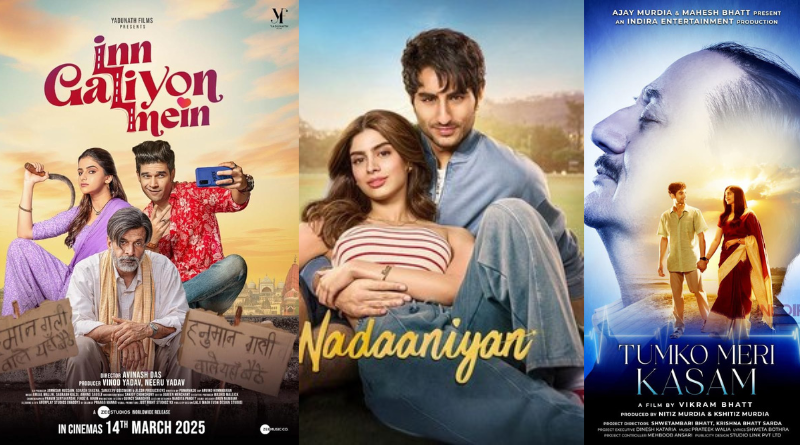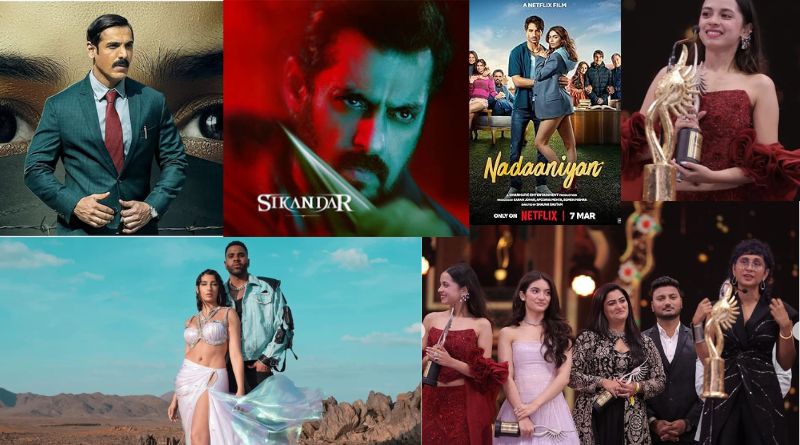
In an era of rapid globalization, shifting alliances, and emerging superpowers, the world stands at a crossroads. Political decisions made today will define the stability, prosperity, and security of future generations. But as nations engage in economic rivalries, territorial disputes, and ideological battles, one question looms large: Are we heading towards cooperation or conflict?
The New World Order: Who Holds the Power?
For decades, the global balance of power was dictated by the Cold War-era rivalry between the United States and the Soviet Union. However, the 21st century has introduced new players, with China’s economic rise, Russia’s strategic assertiveness, and Europe’s evolving role as a diplomatic powerhouse. Meanwhile, developing nations in Asia, Africa, and Latin America are stepping onto the world stage, demanding their share of influence.
- The U.S. remains a dominant force but faces internal political polarization.
- China’s economic and military expansion is reshaping global trade and security dynamics.
- The European Union is balancing economic partnerships while navigating internal challenges.
- The Middle East remains a hotspot of geopolitical tensions, with conflicts and diplomacy shaping its future.
Democracy vs. Authoritarianism: The Battle for Governance
One of the most critical ideological struggles today is between democratic governance and authoritarian rule. While democratic nations promote values of freedom, human rights, and political participation, authoritarian regimes argue for stability, economic progress, and centralized control.
- Countries like Hungary and Turkey challenge traditional democratic norms with rising authoritarian policies.
- The rise of populism in the West reflects public frustration with the status quo.
- Technology and surveillance are being used both to strengthen democracy and to suppress dissent.
War, Peace, and Diplomacy: Is Conflict Inevitable?
From the ongoing Russia-Ukraine war to tensions in the South China Sea, the world is witnessing a dangerous escalation of military conflicts. Diplomacy remains the key to preventing full-scale wars, but how long can fragile peace agreements hold?
- Nuclear threats and arms races continue to fuel global anxieties.
- Regional conflicts in Africa and the Middle East demand greater global attention.
- International institutions like the UN and NATO struggle to maintain global stability.
What’s Next? The Future of Global Politics
As nations struggle to find common ground, the world must decide: Will we move toward unity, or will political divisions deepen the crisis? Economic partnerships, climate cooperation, and diplomatic engagements are essential, but leadership will determine the future.
In the end, the fate of global politics is not just in the hands of governments. It is shaped by people, by movements, and by the choices we make as a global society. Will we choose peace or power? Collaboration or confrontation? The answer lies ahead.

